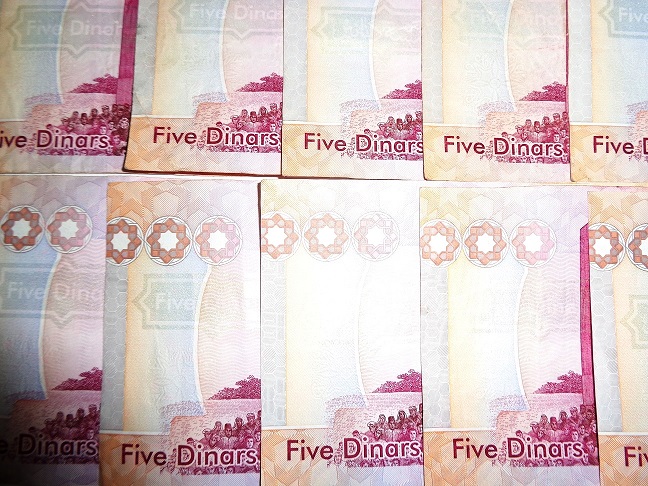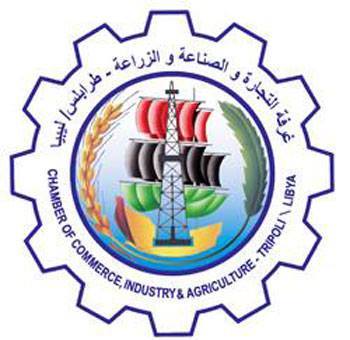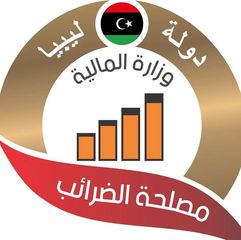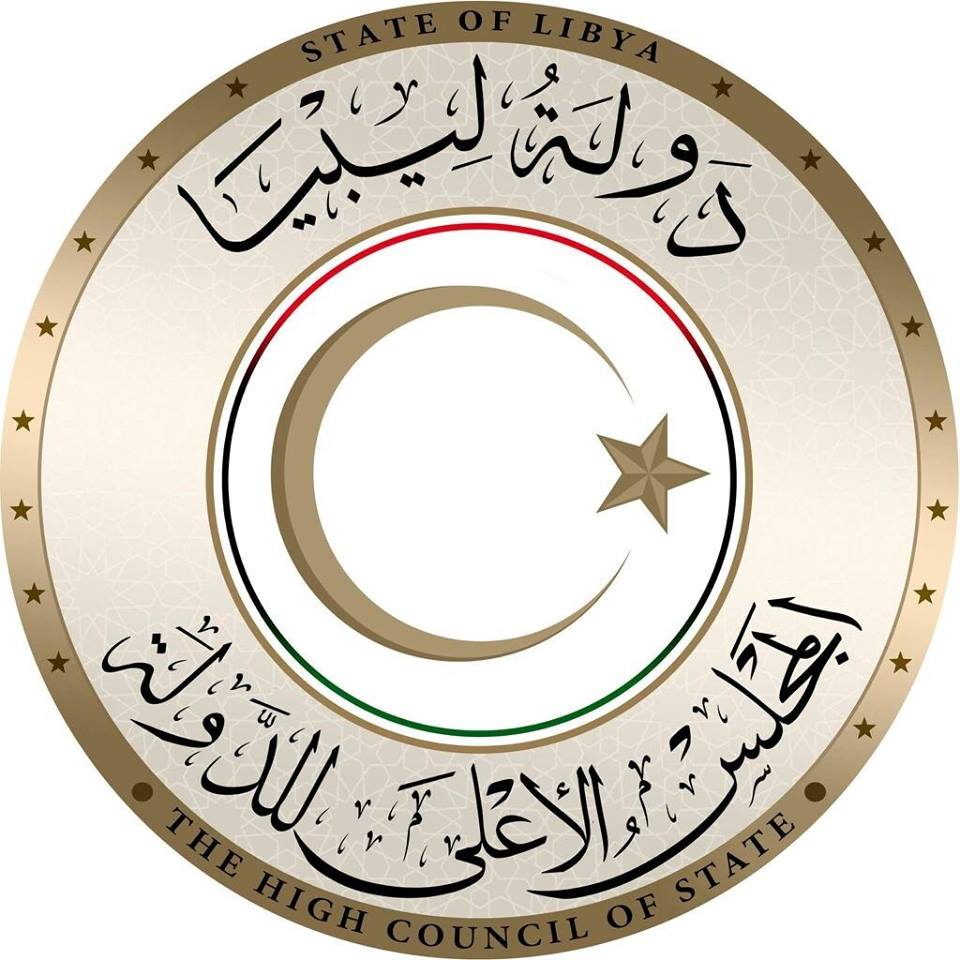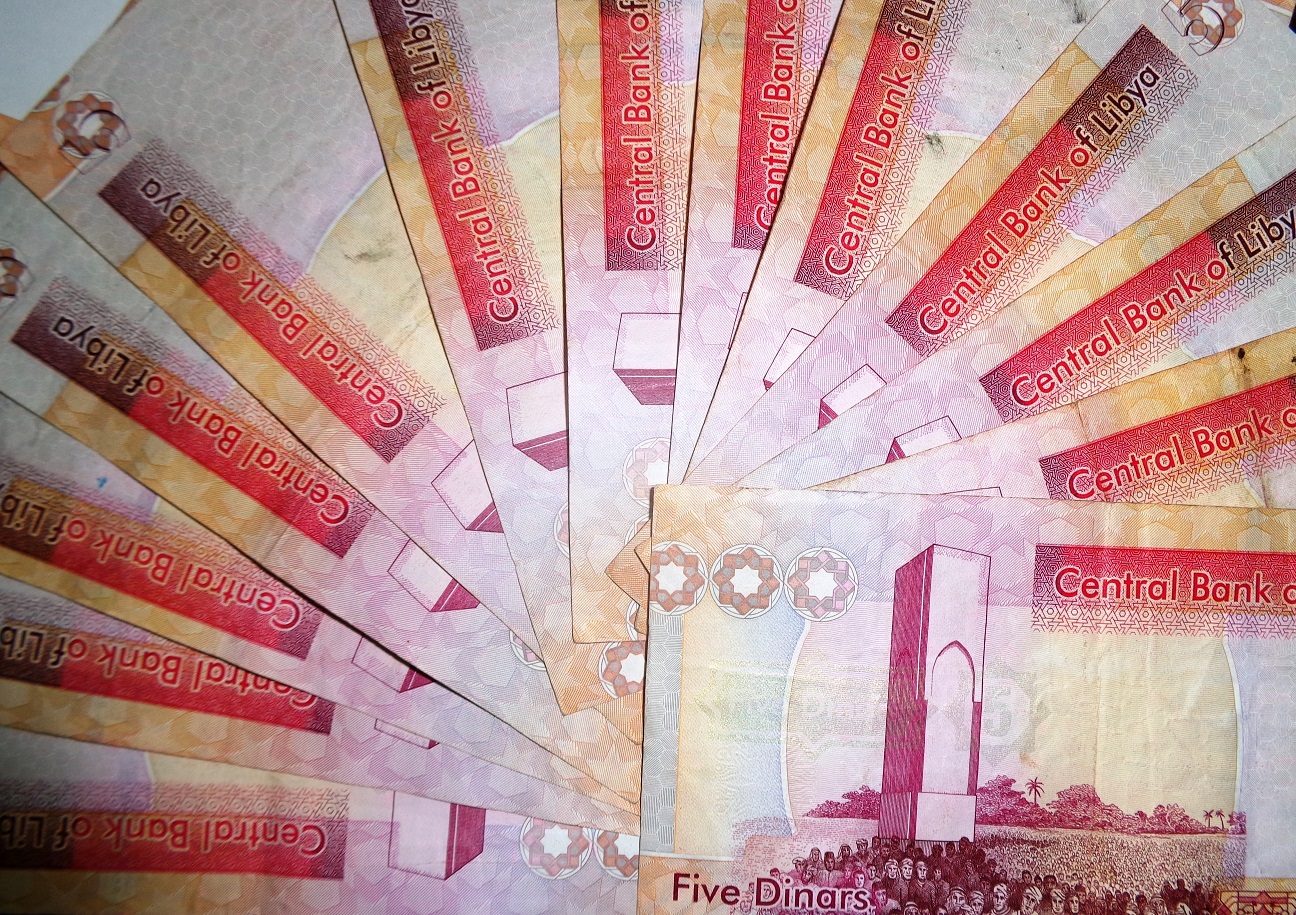By Sami Zaptia.

Tripoli, 7 July 2014:
At yesterday’s Sixth Extraordinary cabinet meeting of 2014, the government decided to hold off the implementation . . .[restrict]of article No. 29 of the budget which had prescribed a freeze in all public sector wages in 2014, including the 20% pay rise announced in September 2013 and the separate pay rise for the judiciary.
It is not clear how in practice the government (the executive) can go against the GNC (legislature) decision, as all matters regarding public disbursements must be approved by the current GNC.
It is also not clear if the government is playing politics by signaling to the public that it is against the wage freeze, even if it knows that it will not be able to increase wages without GNC permission in the short term.
The government, specifically under former Prime Minister Ali Zeidan, has always maintained that it needs to improve wages in order to motivate state sector employees, improve work ethic and reduce corruption. It sees improved pay as one of the executive tools at its disposal in order to achieve some traction in implementing its policies.
However, the stance of opposition to the public sector pay freeze by the Thinni caretaker government would have carried more political, fiscal and economic credibility if it had come up with alternative plans to cut spending and rein in Libya’s mushrooming deficit.
Conversely, the GNC itself could be seen as playing politics, knowing that its days are fast coming to an end and it is making, as some critics would say, a belated attempt to save its image by posturing as a financially prudent body.
The GNC knows it will be out of office in a matter of weeks, and it will not be around to suffer any negative public reaction to any pay freeze. It is leaving the consequences and headaches to its successor – the newly elected House of Representatives.
Looking at the larger picture and the battle to rationalize spending and save reserves, it seems that the lines are drawn. The government is on the one hand for wage increases, without coming out forcefully and showing where and how it can make any cuts to reduce Libya’s unprecedented deficit which the Central Bank of Libya (CBL) estimated will be LD 40 bn by the end of 2014.
On the other hand, we have the GNC which now seems to be allied with the CBL in trying to make a concerted effort to draw back the growing deficit and stave off the depletion of Libya’s CBL reserves, estimated by the CBL to be down by a staggering 30 percent.
Ultimately, all the government is doing in practice is sending a signal to the public, and specifically the state sector employees, that it is opposed to this pay freeze decision. In reality, the decision lies with the newly elected legislature, the House of Representatives. It will have to decide if it wishes to respond positively to the Caretaker government’s demand, or not.
Equally, the House of Representatives will also have the power to decide whether to continue with Abdullah Thenni’s Caretaker government, or whether to keep a caretaker government, with its extra restrictions on decision-making and spending that come with the label “caretaker”, but change the prime minister. [/restrict]
